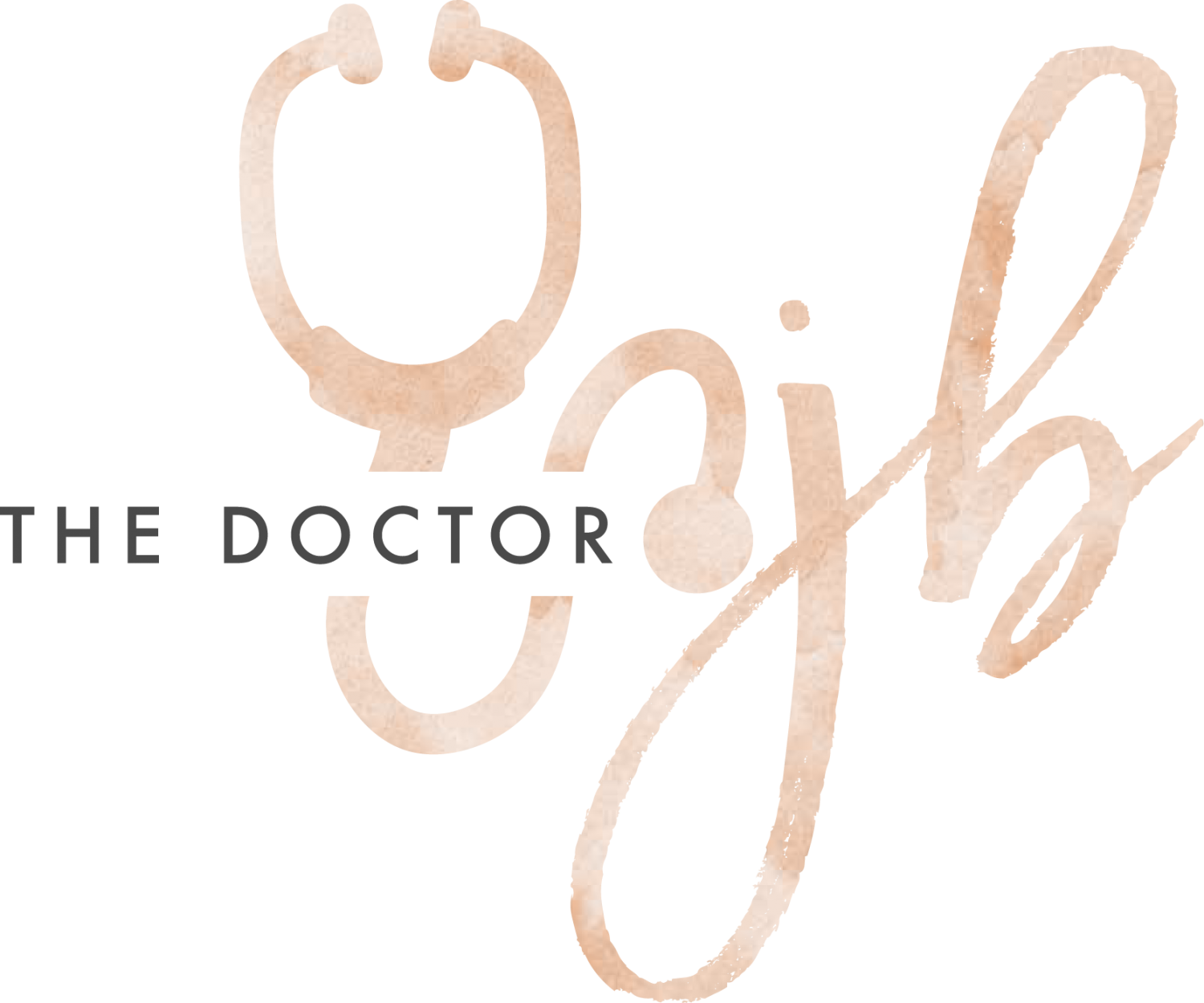Being from Louisiana, I take pride in its culture, food, music, and so much more. Did I mention food? Anyway, back when I was in graduate school I fell in love with the music of New Orleans rapper, David Augustine, Jr., better known as Dee-1. He has that strong Creole-inspired NOLA accent that only those who’ve spent some time in New Orleans can fully understand. More importantly, his lyrical content is creative, inspirational, witty and motivational. Dee-1 prides himself on making music that is free from profanity and explicit content. He does not call himself a “Christian rapper,” rather “a Christian who raps.” His music will definitely stimulate your mind and encourage you, all while bobbing your head to a sick beat.
In February of 2015, Dee-1 released a video that went viral on social media and even made headlines on CNN. His song, “Sallie Mae Back” is a celebratory anthem about paying off his student loans. The song is very catchy but aside from that, every person who hears it is propelled to examine their own relationships with “Sallie Mae.” According to Student Loan Hero, there are approximately 43.3 Americans with student debt totaling $1.23 trillion. That’s crazy! How many zeros are in 1.23 trillion?
Of course, becoming a physician is a costly decision and I have a ton of student debt of my own. Just looking at the actual amount of money I owe in student loans scares the heck out of me. For a long time I tried to ignore it, until recently when it hit me how close I am to graduating and starting residency. Additionally, I plan to get married and start a family some day and I don’t want to bring my hundreds of thousands of dollars in debt to the table without a plan. I know debt isn’t just going to magically disappear and it was time for me to figure out ways to tackle the beast that is loan repayment. Since I finished my coursework and clinical rotations in November, I have had plenty of time to enjoy family and friends and also focus on things may get neglected in my intern year, like financial planning.
I wasn’t taught much about money and finance growing up, and I didn’t take finance classes in college, so I was somewhat ignorant of the terminology of the finance world. One day I decided to do something about it. I finally finished “The Total Money Makeover,” authored by Dave Ramsey, which I had started to read months prior. ![]() That book is a must-read for EVERYONE, not just people who have student loans. If you have a desire to manage your money wisely you should read it. His book lays out seven Baby Steps to financial freedom. I won’t go into details, and I don’t agree with everything in it 100 percent, but the book is definitely worth reading.
That book is a must-read for EVERYONE, not just people who have student loans. If you have a desire to manage your money wisely you should read it. His book lays out seven Baby Steps to financial freedom. I won’t go into details, and I don’t agree with everything in it 100 percent, but the book is definitely worth reading.
I also went to the library and checked out two books: “Personal Finance for Dummies” by Eric Tyson, and “The Only Investment Guide You’ll Ever Need” by Andrew Tobias. I read the latter while using “Personal Finance for Dummies” as sort of a glossary or reference book.
After finishing all three books, a fire was lit underneath me. I had a new perspective of how money works and didn’t feel as afraid of debt as I once did. I was excited and all I kept talking about was money, budgeting, and saving. My parents and my boyfriend probably got tired of hearing my rants. I was now motivated but still needed to come up with a plan. That’s where a fourth book came in, “The White Coat Investor” by James M. Dahle. This book was extremely informative, as it is written by a physician and is applicable to those in similar high-income professions. Dr. Dahle also has a website that provides awesome resources and a wealth of knowledge that has helped me plan my student loan demolition. ![]()
I have my own personal financial advice that I would give to those who are contemplating a career in medicine, but that will be a separate post. Basically it’s just common sense. To put it briefly and simply:
#1 Live within your means in college, medical school, AND residency.
#2 Try your best not to accumulate unnecessary debt. Of course taking out loans in medical school is inevitable, unless you are in the Armed forces or your parents are filthy rich, but DO NOT fall into the trap of credit cards, fancy cars, and borrowing money to keep up with the Jones’ (which goes back to number 1).
#3 Start saving early.
Again, I have so much more to say about that, but will save it for later. I just wanted to give some insight on the resources I used to plan my road to financial freedom. I have a goal of being debt free by age 40, and by the grace of God it will happen if I stay disciplined. Please believe I will get in my car (which will probably be the same one I drive now), turn my radio up loud, let my windows down, sing along with Dee-1, and truly know what it feels like to “finish paying Sallie Mae back!” Y’all check out his video below.
Do you have a plan to become debt free? I’d love to hear about it. Hit me up in the comments below.
-thedoctorjb
